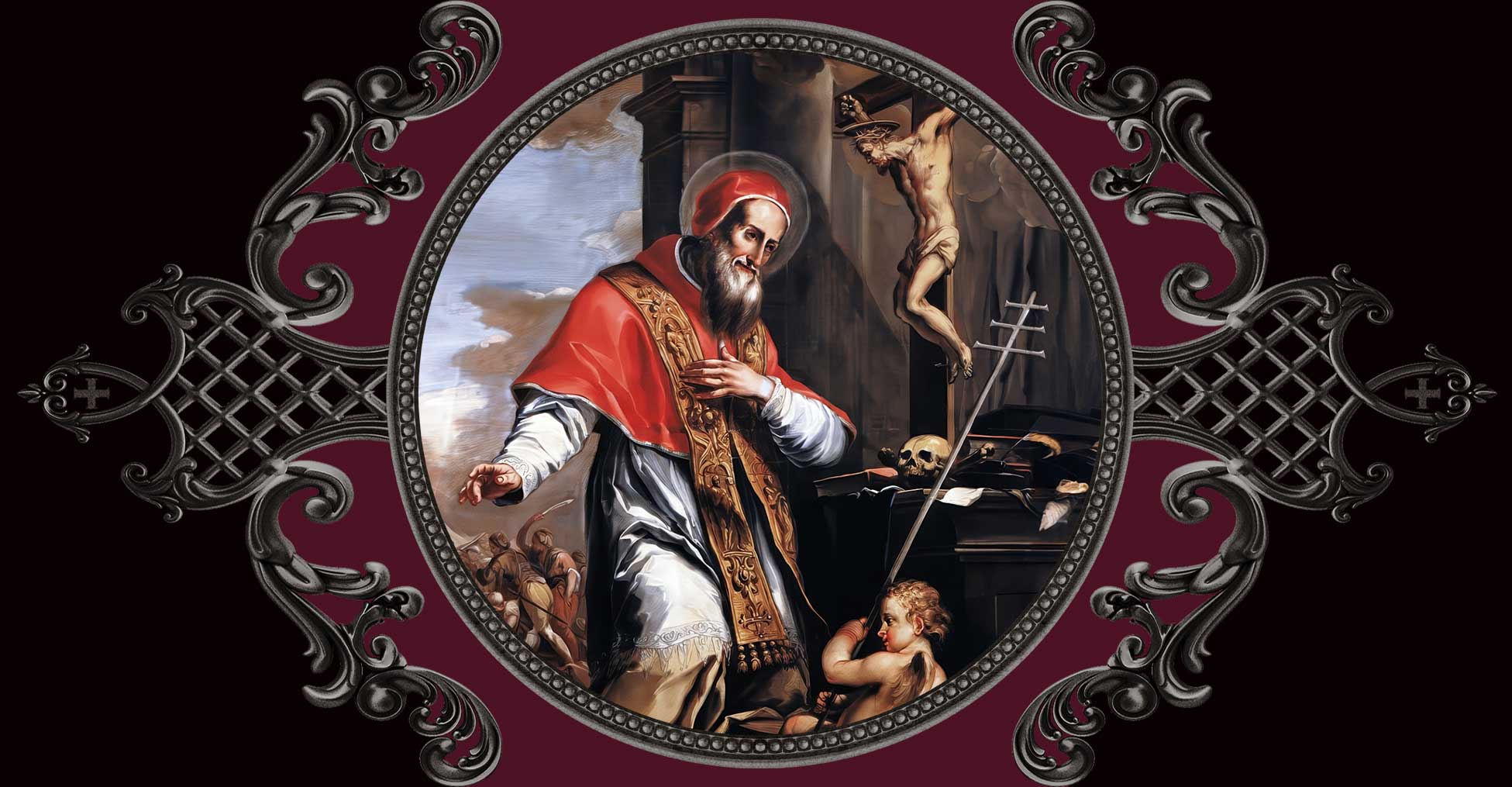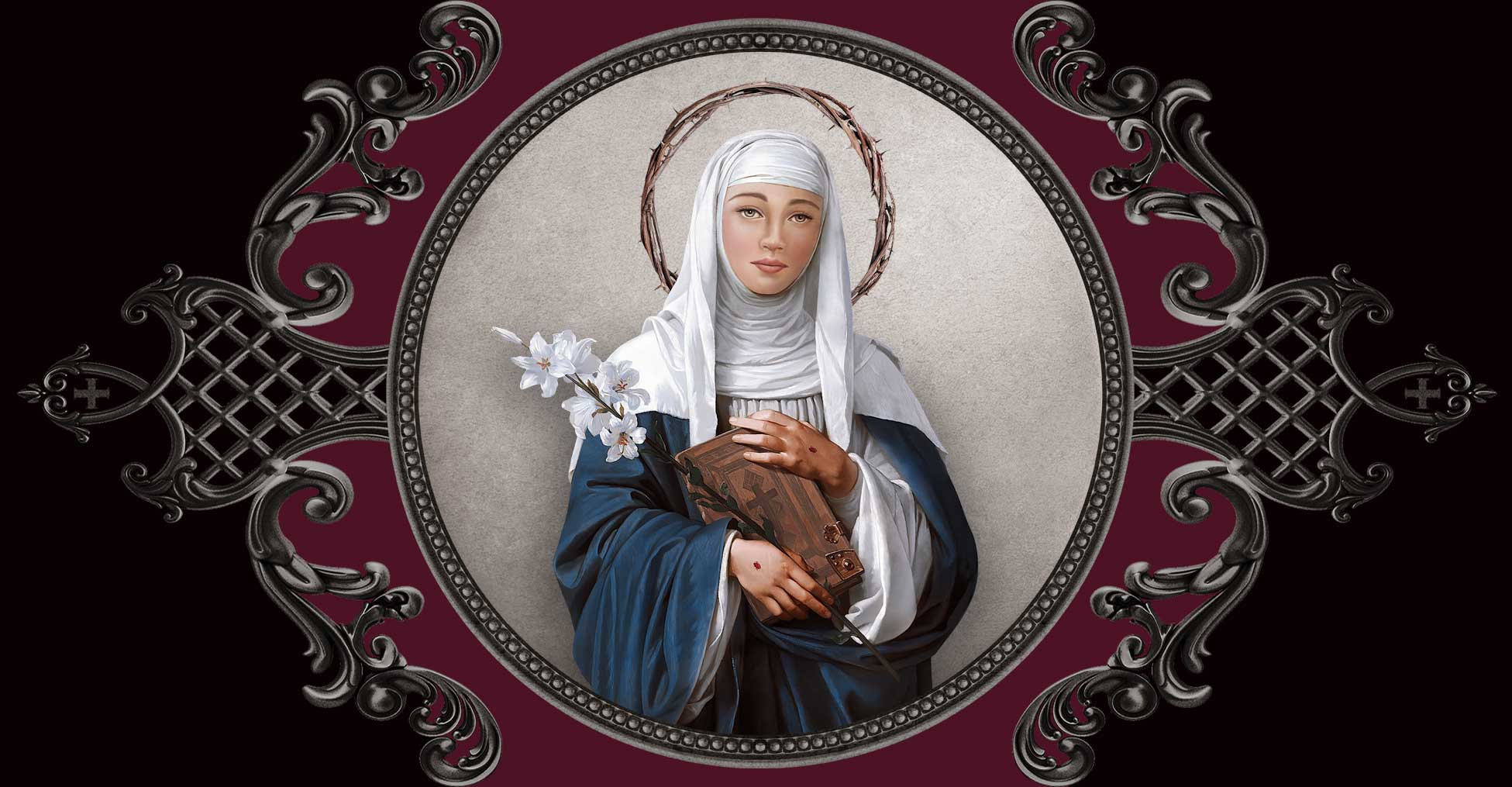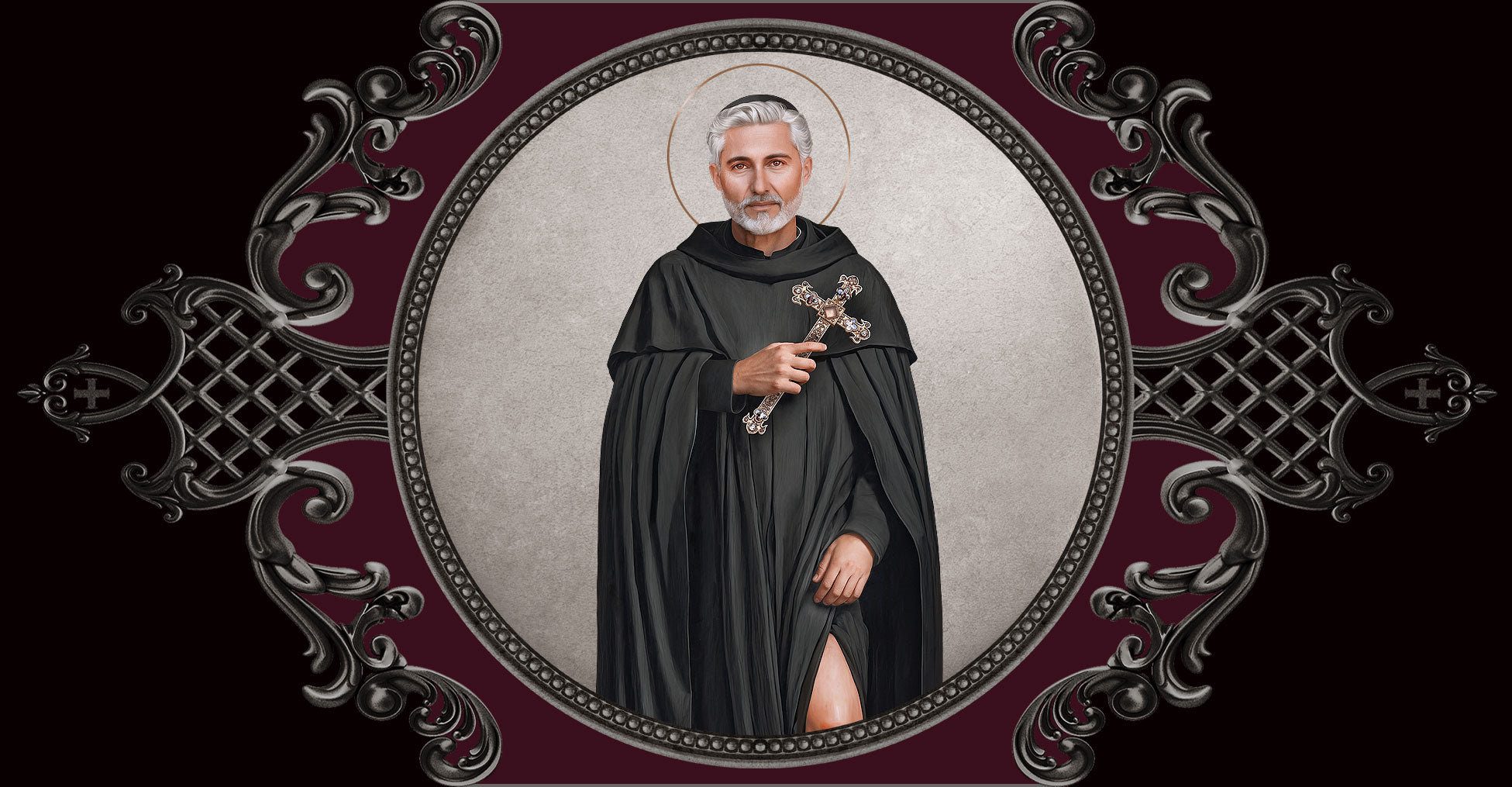
April 30 + Saint Pope Pius V
During his papacy (1566-1572), Pius V was faced with the overwhelming responsibility of getting a shattered and scattered Church back on its feet. The family of God had been shaken by corruption, by the Reformation, by the constant threat of Turkish invasion, and by the bloody bickering of the young nation-states. In 1545, a previous pope convened the Council of Trent in an attempt to deal with all these pressing problems. Off and on over 18 years, the Fathers of the Church discussed, condemned, affirmed, and decided upon a course of action. The Council closed in 1563.
Pius V was elected in 1566 and charged with the task of implementing the sweeping reforms called for by the Council. He ordered the founding of seminaries for the proper training of priests. He published a new missal, a new breviary, a new catechism, and established the Confraternity of Christian Doctrine classes for the young. Pius zealously enforced legislation against abuses in the Church. He patiently served the sick and the poor by building hospitals, providing food for the hungry, and giving money customarily used for the papal banquets to poor Catholic converts. His decision to keep wearing his Dominican habit led to the custom of the pope wearing a white cassock.
In striving to reform both Church and state, Pius encountered vehement opposition from England’s Queen Elizabeth and the Roman Emperor Maximilian II. Problems in France and in the Netherlands also hindered Pius’s hopes for a Europe united against the Turks. Only at the last minute was he able to organize a fleet which won a decisive victory in the Gulf of Lepanto, off Greece, on October 7, 1571.
Pius’s ceaseless papal quest for a renewal of the Church was grounded in his personal life as a Dominican friar. He spent long hours with God in prayer, fasted rigorously, deprived himself of many customary papal luxuries, and faithfully observed the spirit of the Dominican Rule that he had professed.
Pius was especially known for his devotion to the Blessed Virgin Mary and for being a great promoter of the Holy Rosary, so much so that he is called “The Pope of the Rosary.” He was given this title for two reasons: for penning an important papal document on the rosary and for establishing the feast of Our Lady of the Holy Rosary, two important steps in solidifying this powerful prayer tool for the Universal Church.



Leave a comment
This site is protected by hCaptcha and the hCaptcha Privacy Policy and Terms of Service apply.